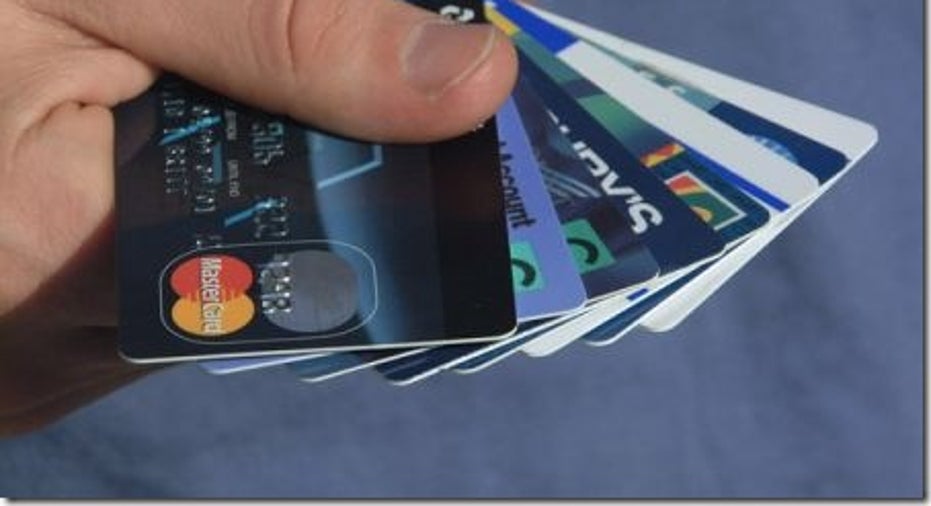Why Stealing Your Dead BFF's Identity is Wrong

Dear Opening Credits,
My best friend passed and her husband, who I never got along with, was lost. He had absolutely no one (there is a reason if you know what I mean). I helped him immensely with paying bills, ordering his medicine, balancing his checkbook, etc.
Anyway, I was in a financial management class doing a report on identity theft and used her Social Security number, as well as my dad's and my 14-year-old daughter's and applied for credit cards to test different credit card companies. To make a long story short, my best friend's husband made passes at me, we fell out, and now he is threatening on my daughter's Facebook page that he is going to put me in jail for applying for a credit card in his deceased wife's name. Like I said, there is a reason he is all alone.
The card was denied. I used his address for the account and even put my name on the application as an additional holder. My question: Is what I did really illegal? My daughter came to me crying that I was going to jail. This guy is a real jerk.
-Tammy
Dear Tammy,
It is surprising that you think applying for a credit card in someone else's name could ever be legal, even under the guise of academic research. Your motive may have been totally innocent, but a credit issuer would have no way of knowing that. If they were to discover what you've done, all they would see is that you applied for accounts fraudulently. Yes, doing so is indeed a crime, and if they wish to prosecute, it could result in major legal consequences for you.
You may raise your eyebrows in shock that anyone hearing your story may not believe it, but your explanation really does sound suspicious. It would seem that you're using a convoluted backstory to justify your actions.
First, it just doesn't make sense that you would offer to help someone you never liked to manage his financial affairs, even because your friend died and he was in dire straits. It would be too easy to take advantage of someone in the throes of bereavement this way, because you would have access to his and her private identification information.
I presume that you did not ask this man's permission to use his late spouse's data for your project before doing it. Again, that raises my skeptical eyebrow. After all, if you did go to him with the request, he at least would have had the opportunity to give you the go-ahead -- or more likely, the forget-about-it. Instead, you did it behind his back, leading him to believe you were up to no good.
Regarding your coursework, it is also implausible that testing a credit issuer's security system by trying to open cards using other people's personal identification would be approved by a legitimate college. If it were, I'd sure like to have a little chat with your professor about such an assignment. It is neither ethically nor legally acceptable, even if the company rejected the applications in the end.
As for the man taking the matter to social networking sites and discussing it with anyone but you, I get his anger, but agree that it was not the right thing to do. If he truly thought you committed a crime, alerting the credit card issuers and the authorities would have been more appropriate.
Clearly you're concerned about what can happen to you now. The answer is that if anyone does choose to press the issue and file a police report, you could end up in court. There, you'll have to plead your case. If it goes any further, retaining an attorney would be advisable.
Your most important step now, however, is toapproach your child and father and come clean about using their information to apply for credit cards. They need to know the truth, whatever it may be.
See related: Can an executor use deceased's credit card?, Using a deceased spouse's plastic is illegal



















